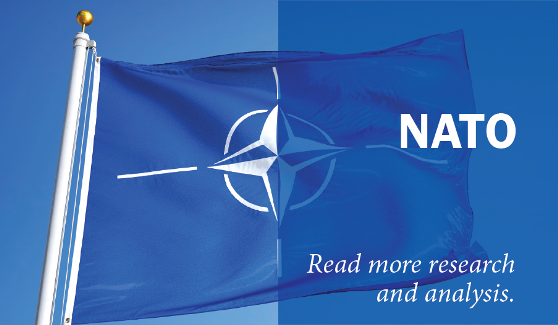Lessons from Ukraine: Why a Europe-Led Geo-Economic Strategy is Succeeding
 Over the past three years, the United States, Europe, and other Western allies have been unexpectedly successful at maintaining a unified, coherent, and effective policy to block Russian assertiveness. This is true even though proximity, intense interests, and the decision by Europe and the United States to rule out direct use of military force would appear to give Russia a decisive strategic advantage. While NATO deterrence remains an important background condition for Western success, the United States and Europe have employed primarily non-military policy instruments. Most important have been economic assistance to Ukraine, sanctions on Russia, diplomatic engagement, and, in the longer term, reductions in Western and Ukrainian dependence on the Russian economy.
Over the past three years, the United States, Europe, and other Western allies have been unexpectedly successful at maintaining a unified, coherent, and effective policy to block Russian assertiveness. This is true even though proximity, intense interests, and the decision by Europe and the United States to rule out direct use of military force would appear to give Russia a decisive strategic advantage. While NATO deterrence remains an important background condition for Western success, the United States and Europe have employed primarily non-military policy instruments. Most important have been economic assistance to Ukraine, sanctions on Russia, diplomatic engagement, and, in the longer term, reductions in Western and Ukrainian dependence on the Russian economy.
The West can sustain this success by heeding three policy lessons drawn from it. First, the major Russian threats in the region are economic and political, not military. The possibility that Russian President Vladimir Putin will launch a military strike at the rest of Ukraine, Latvia, or Poland remains remote compared to the far greater danger that pro-Western political and economic policies in Ukraine and other neighboring countries will collapse of their own accord, aided by Russian political and economic pressure.
While U.S. involvement has been important, from the beginning Europe has shouldered the primary burden.
Second, Western policy should continue to rely on non-military policy instruments aimed not at Russia, but at supporting third countries like Ukraine, as its successful policy has so far. The primary long-term response must be to reorient Ukrainian trade, energy, and financial flows westward, while encouraging political reform — but in the short-term, such steps are difficult. More important immediate Western policies to help secure Ukraine’s economic and political stability include economic assistance (without which the country would have collapsed long ago), trade agreements, economic sanctions on Russia, diplomatic pressure through the Minsk process, and a diversification of European energy sources. In contrast, NATO reassurance of allies such as Poland or Estonia remains secondary.
Third, the “indispensable” power in this effort remains Europe, led by Germany. Europe, the world’s leading civilian and geo-economic power, has paid by far the greatest costs to sustain Western support for Ukraine. It will continue to have the most intense interests, possess the greatest civilian power resources, and play the most critical diplomatic role. This suggests that the West should encourage, and accommodate, Europe’s unity, resolve, and leadership role in this area — beginning with a clear acknowledgement of the special role Berlin has played.